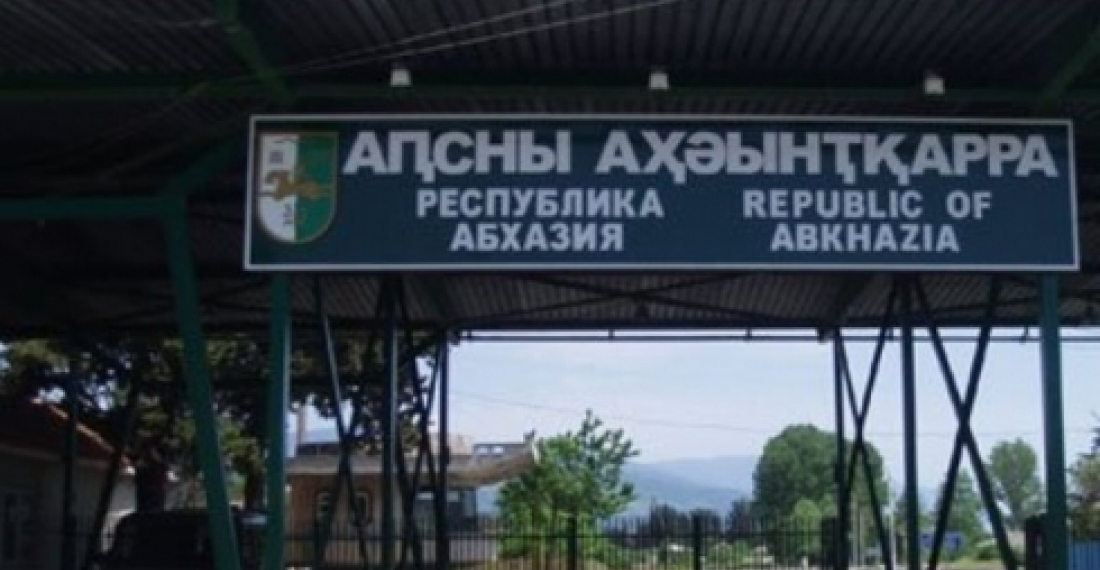Demonstrators opposing the government of President Alexander Ankvab in the self-declared Republic of Abkhazia have stormed government buildings as protests continue in an attempt to force a change of government.
The Russian News Agency Itar -Tass reported that on Tuesday, Raul Khadzhimba, chairman of the opposition party Forum of the People's Unity of Abkhazia, stated that the Coordinating Council of opposition parties and movements decided "to assume provisional leadership to tackle the formation of all necessary organizations".
However Nugzar Ashuba, Secretary of the Security Council of Abkhazia, referred to yesterday's events as an attempted coup d'etat. He said that during the talks held earlier Tuesday between Abkhazia's President Alexander Ankvab and the opposition leaders who demanded resignation of the government, the prosecutor-general, and the heads of eastern districts of Abkhazia, "agreement was almost reached; and at that time opposition supporters attempted to storm the presidential administration, and the entire framework (of understanding) was ruined". Following that, "The President did not dismiss anyone and he did not tender his resignation", Ashuba said.
Itar-Tass also reported that this morning (Wednesday) the heads of the military and security agencies in the self-declared Republic have issued a statement expressing grave concern at the situation and supporting President Ankvab. In a joint statement Defence and Interior Ministers Mirab Kishmariya and Otar Khetsiya, Aslan Bzhaniya, Chairman of the State Security Service (SSS), and Raul Lolua, chief of the SSSS Special-Purpose Center said that they support the lawfully elected president of the country and do not accept "unconstitutional methods of struggle which are conducive to a destabilization of the situation in the country".
Abkhazia seceded from Georgia in 1993 after a bitter conflict with the central authorities in Tbilisi. It is still recognised as part of Georgia by most of the international community, but in 2008 in the aftermath of the Georgia-Russia War, Russia recognised Abkhazia as an independent country. In practise Abkhazia remains dependent on Russia both militarily as well as economically. It has signed a long term agreement allowing Russian bases on its territory and is now considered as a Russian protectorate. In Abkhaz society there are concerns that the identity of the Abkhaz nation within the Republic, the cause of the problems with Georgia in the first place, is being eroded by a policy of Russification.
source: commonspace.eu with additional reporting from Itar-Tass.
photo: A check point on the border between Abkhazia and the Russian Federation.







